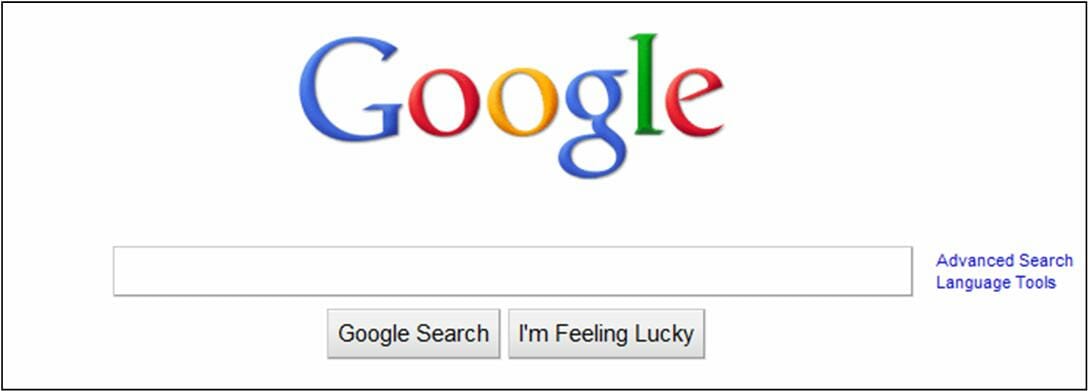An article by the BBC announced that Google and Microsoft have agreed to measured to block over 100,00 abusive images. This will also include returning no search results of illegal material or actions. This aims to eliminate illegal images such as child abuse images shared over the image and promote help services for those searching these titles. However, the question remains; do search engines have the right to block certain content?

The automatic image that comes to mind is the child locks on cars, child settings on tv channels etc. In some ways this is a form of an adult lock for search engines in which if the comparison applies, the search engine knows better and its protecting adults. Although, this may be a social mission to raise awareness and an attempt to create a legal internet, it violates the trust between search engine users and their consumers. Search engines are designed to be a place to search anything, creating restrictions shows that the companies have a bias and aren’t solely provided a service to its customers. Although, this may be an excellent idea to discourage illegal activity, the search engines should’ve considered adopting some change management techniques including market research surrounding opinions and communication.

 As Snapchat takes the world by surprise by turning down a $3 billion dollar offer when it has yet to make a dollar, it could be considered the loser. However the CEO of Snap chat expects with its increasing number of users, it should be worth far more than the initial offer in the future. As even within a three-month period, the snap chat usage expanded to over 200 million snap chats per day. Snap chat may revisit acquisition in early 2014. The question remains of whether Snap chat will become the winner or the loser.
As Snapchat takes the world by surprise by turning down a $3 billion dollar offer when it has yet to make a dollar, it could be considered the loser. However the CEO of Snap chat expects with its increasing number of users, it should be worth far more than the initial offer in the future. As even within a three-month period, the snap chat usage expanded to over 200 million snap chats per day. Snap chat may revisit acquisition in early 2014. The question remains of whether Snap chat will become the winner or the loser.






